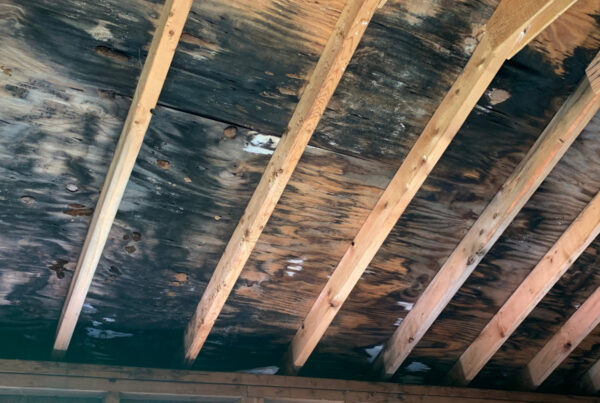We are often asked about de-icing and what is recommended.
There are several products to consider when choosing de-icing agents, Sodium Chloride, Calcium Chloride, Magnesium Chloride, and Acetates are just a few.
When addressing which product to use, attention need to be given to product effectiveness, potential of remedial damage to trees, grasses and bedding plants, and water runoff into these areas and as well as, streams, ponds and water ways. Also, considerations must be given to, deterioration and corrosive effects of these agents on concrete, asphalt, metals and other building products Core?Features they will be in wholesale NBA jerseys contact with.
The most commonly used agents are sodium chloride and calcium chloride.
Sodium Chloride (rock salt) (NaCl): The most commonly used de-icing agent.
Benefits: It is the most inexpensive and abundant of the products available.
Challenges: It loses effectiveness in extreme temperatures (less than 15-20° F); not as effective if applied before a freeze or snow fall; it can burn plants and beddings and build up in water ways; corrosive to concrete and metals; leaves a white, salt residue that can be tracked into wholesale NBA jerseys buildings.
Calcium Chloride (CaCl2): Sits closely behind salt in use as an ice melting agent.
Benefits: It can be effective to temperatures as low as -25 ° F; effective when applied prior snow fall; less damaging to plants, beddings and water ways then rock salt; no salt residue.
Challenges: Cost of the product can be double or even triple the cost Train, of rock salt; can have negative impact on plants and beddings. It is corrosive to metals.
Some of the lesser-used de-icing agents include Magnesium Chloride, and Acetates.
Magnesium Chloride (MgCl2): Similar to calcium chloride.
Benefits: It can be effective to temperatures as low as -15 ° F; effective when applied prior snow fall; less damaging to plants, beddings then rock salt or Calcium Chloride.
Challenges: Cost can be found in range with calcium chloride; however, product coverage is significantly less than the calcium chloride. High phosphorous levels make this a significantly poor choice if runoff will enter waterways.
Acetates: Including calcium magnesium acetate (CaMg2(CH3COO)6), potassium acetate (CH3COOK), and sodium acetate (CH3COONa); are salt-free.
Benefits: Do not cause damage to vegetation, concrete or metals; effective when temperatures are below 0°F; may be combined with other compounds to reduce the corrosive potential.
Challenges: High cost.
Note: Concrete: King New concrete is especially susceptible to wholesale NFL jerseys damage from salt. It is recommended that salts not be used on concrete for the Repair first winter after installation. Sand is often applied instead to provide traction.
Note: Landscaping: Agents safest for landscaping are often expensive and not budget sensitive. Therefore, other cheap jerseys products are used, so preventive actions may be required to protect sensitive areas. Some simple protective actions: Protect foliage burlap or other protective wrap, to protect from over spray; Lessen turf damage by applying gypsum before winter.
Each cheap jerseys product has benefits and challenges to consider as it applies to the needs of the property. As always, the best ways to prevent damages is to plan for and prepare the landscaping, with consideration of the de- icing agents and the potential impact from areas near walks, steps, DEEL landings, lots, and roadways.
Click on the link below to download the publication.


